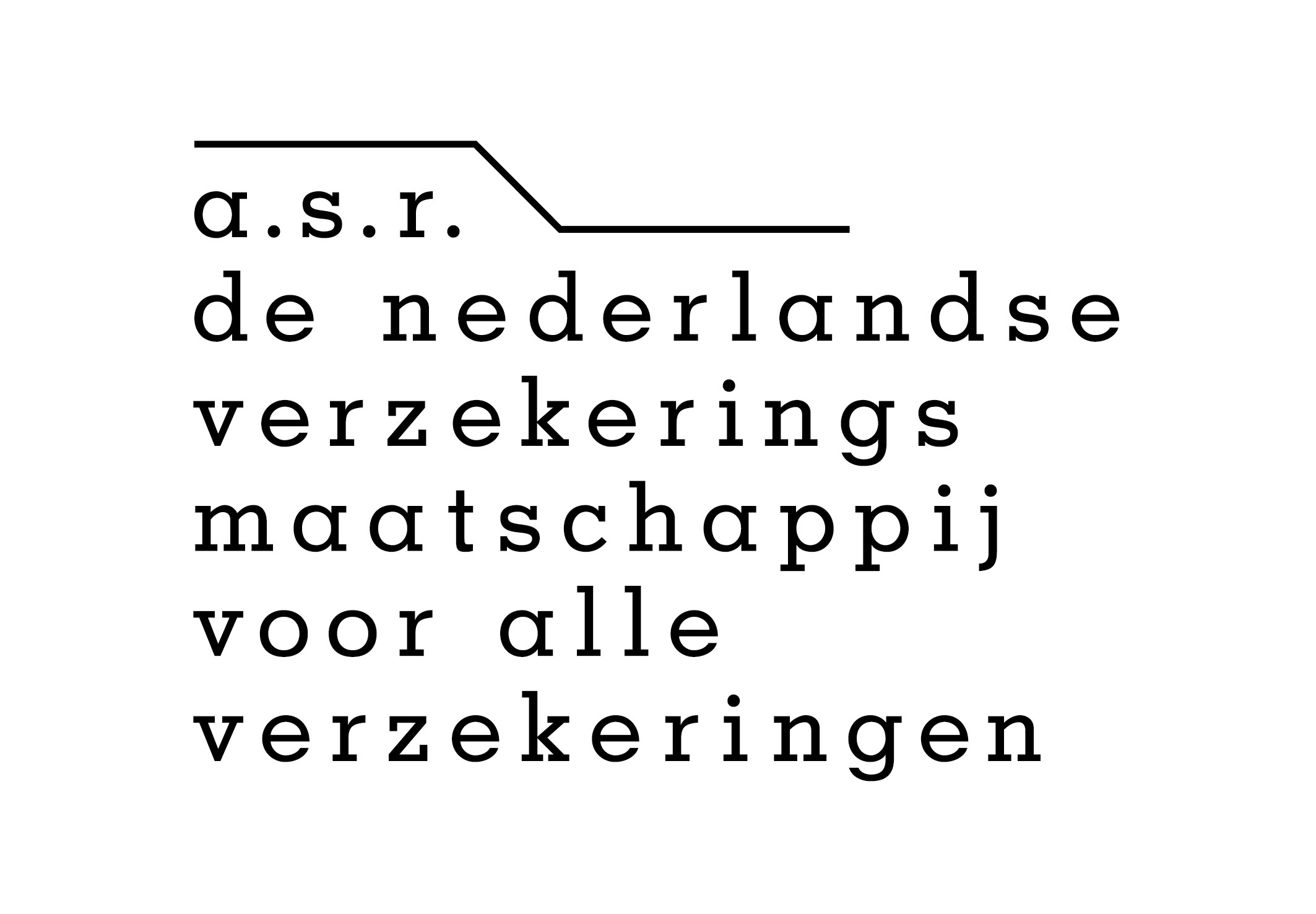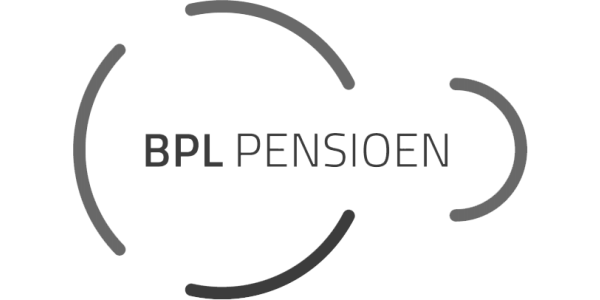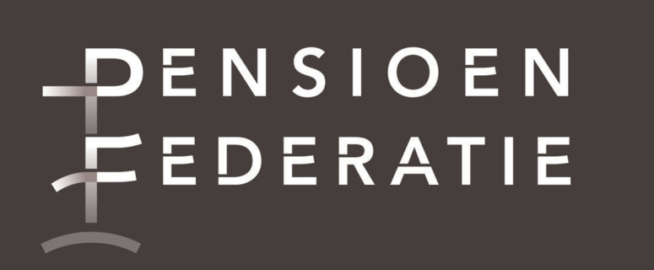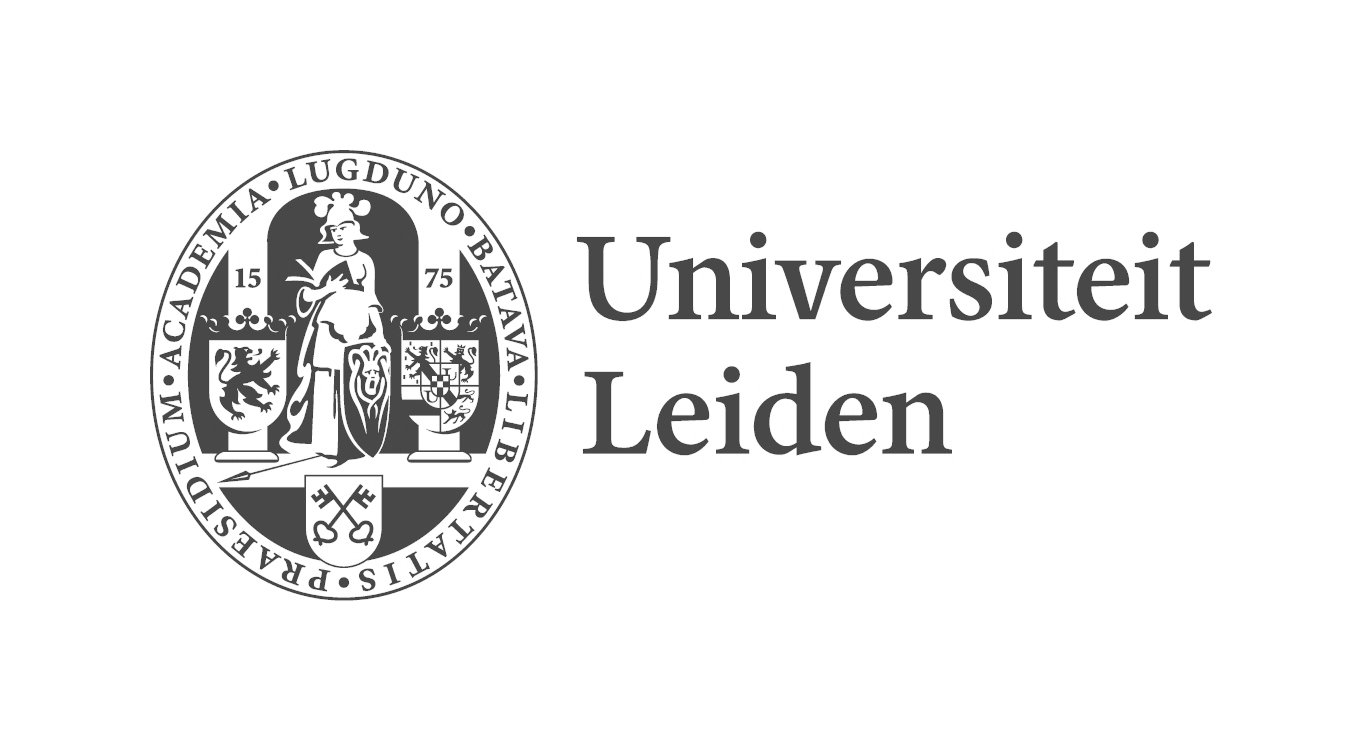Connecting Science and Pension Industry through Knowledge Development and Dissemination
Well-informed Pension Debate
Knowledge network established in 2005
Objective Scientific Research
Anchored in the international academic world
Pension Knowledge Made Accessible
Two-way street between science and practice
Featured
Calendar

Matchmaking 2026

Dragen pensioenregelingen bij aan de genderpensioenkloof? – Fieke van der Lecq – Saskia ter Ellen – After-lunch webinar
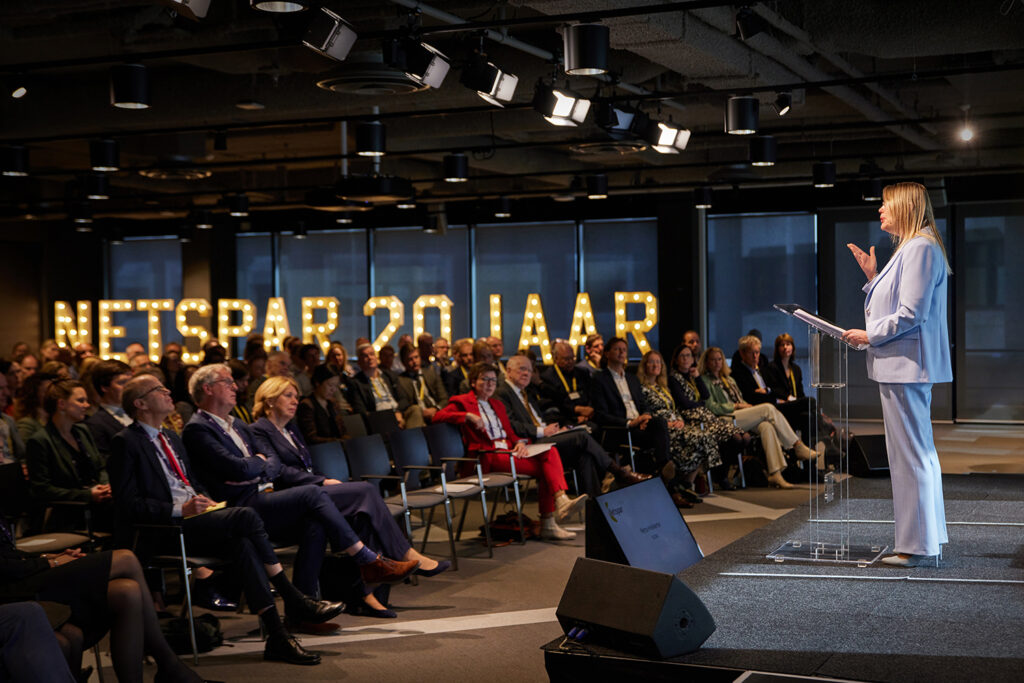
Pensioen & Wetenschap Jaarcongres
Our Five Themes
The research that Netspar conducts and facilitates is highly multifaceted. In conjunction with our partners, we have defined five themes under which it falls. Select a theme to learn more about the latest scientific insights.
Well-being and Welfare of Older People
What are the latest insights about the well-being and general welfare of older individuals?

Communication and Choice
How can pension providers offer effective decision support so that their members can make appropriate decisions about their pension and retirement plans?

Work, Retirement, Housing and Healthcare
How do pensions and retirement resources relate to other old-age policy issues: healthcare, housing and employment?

Savings, Investments and Insurance
How can the government, pension providers and plan members help secure a financially sound old age for people?

Institutions, Governance and Solidarity
Which formal and informal arrangements are desirable with regard to pension provision and why?

Popular Publications
Our Partners

What We do
Netspar advances a well-informed pension debate based on scientific research. We connect science and pension industry, contributing to future-proof pensions in the Netherlands.















